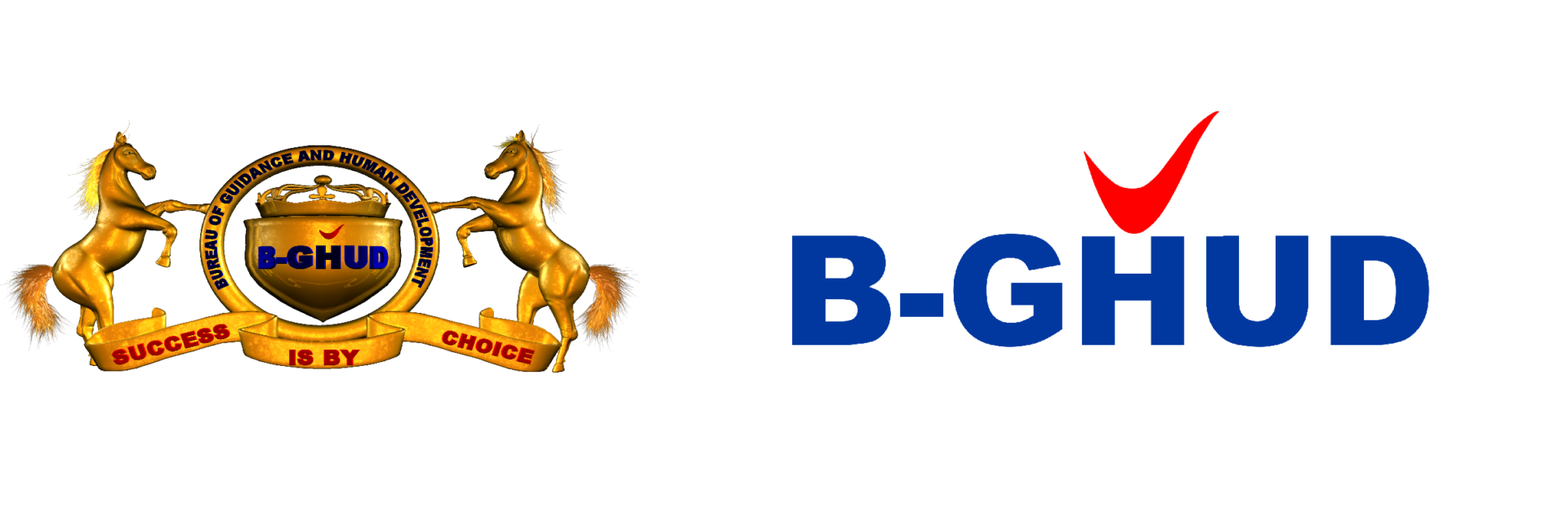To emerge victorious in the global rat race, be they in university interviews or in job interviews, is an art in itself. Strategies for Success in University and Job Interviews in the Age must be learnt by spending quality time and paying attention to minute details on the subtle aspects of interviews.
In today’s increasingly globalized world, the art of excelling in interviews, whether for university admissions or for job positions, has become more crucial and challenging than ever. The stakes are high, as candidates from around the world compete for limited spots in prestigious universities and coveted roles in leading companies. Therefore, approaching these interviews with confidence and a well-prepared strategy is essential.
This essay explores the key elements to succeed in both university and job interviews, highlighting preparation, presentation, and adaptability as the cornerstones of a victorious interview performance.
1.Thorough Preparation: The Foundation of Success.
The first step to succeeding in any interview is thorough preparation. This involves understanding the institution or company, the role or program applied for, and the specific qualities and skills they are looking for in a candidate.
For university interviews, research the university’s ethos, values, and the specifics of the program. Understanding what sets the institution apart, its faculty, recent research, and campus culture can provide valuable insights. Similarly, for job interviews, gaining an in-depth knowledge of the company’s mission, its products or services, industry position, and corporate culture is crucial. This research not only prepares candidates for likely questions but also helps in tailoring their responses to align with the organization’s expectations.
Preparation also includes anticipating common questions and rehearsing answers. For university interviews, questions might range from motivations for choosing the program to long-term career goals and specific academic interests. Job interviews often focus on experience, problem-solving abilities, and how one’s skills align with the job requirements. Practicing with mock interviews can significantly boost confidence and help refine responses.
You can also read: Why Candidates from Developing Nations should consider migrating to Progressive Nations for a Better Quality of Life?
2 Effective Presentation: Communicating Confidence and Competence
Once the groundwork is laid, the next crucial element is presentation. This encompasses not only verbal responses but also non-verbal cues such as body language, eye contact, and attire.
In both university and job interviews, clear and concise communication is key. Candidates should be able to articulate their thoughts logically and confidently. It’s important to answer questions thoroughly but avoid rambling. Structuring responses using the STAR method (Situation, Task, Action, Result) can be particularly effective in job interviews to demonstrate problem-solving and accomplishments.
Non-verbal communication plays a significant role in creating a positive impression. Maintaining good eye contact, a firm handshake, and a confident posture can convey assurance and professionalism. Dressing appropriately for the interview setting shows respect and understanding of the organizational culture. For university interviews, business casual attire is often appropriate, whereas job interviews might require more formal business attire.
3 Adaptability: Thriving in Unpredictable Situations
The ability to adapt is increasingly valuable in the dynamic landscape of global competition. Interviews may not always go as planned, and unexpected questions or technical difficulties can arise.
For university interviews, demonstrating intellectual curiosity and a willingness to engage in discussion can turn challenging questions into opportunities to showcase critical thinking. When asked about areas of less familiarity, admitting knowledge gaps while expressing eagerness to learn can be viewed positively.
In job interviews, situational or behavioral questions often test adaptability. Being able to think on one’s feet and provide examples of past experiences where one successfully navigated challenges is crucial. Additionally, the growing trend of virtual interviews demands adaptability in managing technology, ensuring a professional virtual presence, and effectively communicating through digital platforms.
4.Personalization: Standing Out in a Competitive Field
In a global pool of candidates, personalization can set an individual apart. This involves highlighting unique experiences, skills, and perspectives that align with the institution’s or company’s values.
For university interviews, personal statements and responses that reflect genuine passion for the field of study and how the program aligns with personal and professional goals can make a lasting impression. Sharing relevant extracurricular activities, volunteer work, or projects can demonstrate a well-rounded and proactive character.
In job interviews, emphasizing unique skills or experiences that differentiate one from other candidates is essential. Whether it’s expertise in a niche area, international experience, or a track record of innovation, personalizing responses to showcase these aspects can significantly enhance one’s candidacy.
Conclusion
Excelling in interviews, whether for university admissions or job positions, requires a strategic blend of preparation, effective presentation, adaptability, and personalization. In an age of global competition, candidates must not only meet the basic qualifications but also stand out through their confidence, competence, and unique qualities. By mastering these elements, individuals can navigate the challenging interview process with confidence and emerge victorious, securing their place in prestigious academic programs and esteemed professional roles.
Want to be a part of the Best OET Online Coaching Centre in Kerala?
Join now: https://bghud.com/all-courses/

